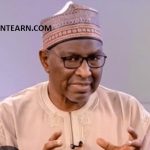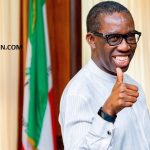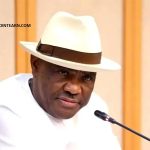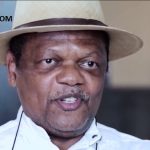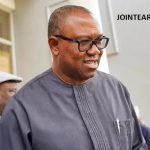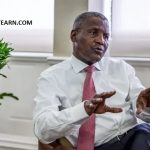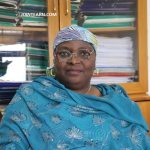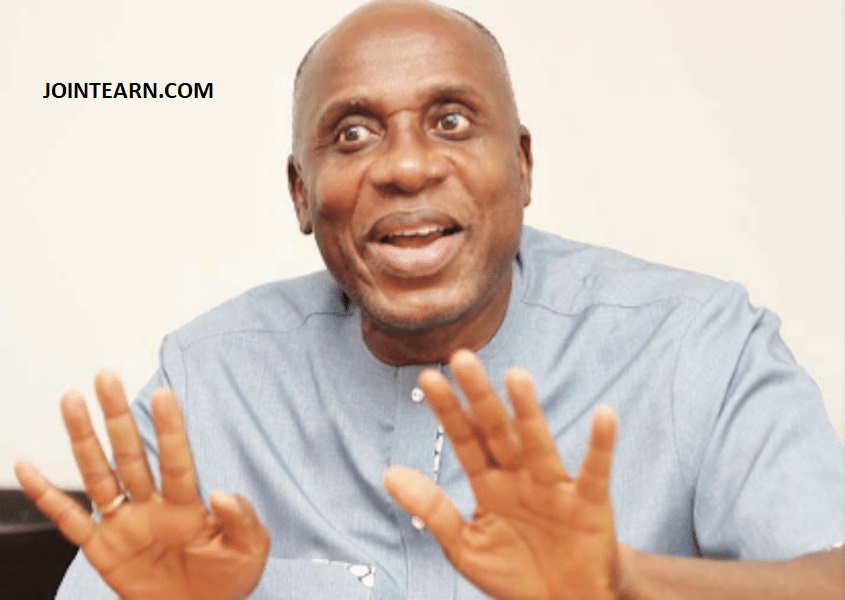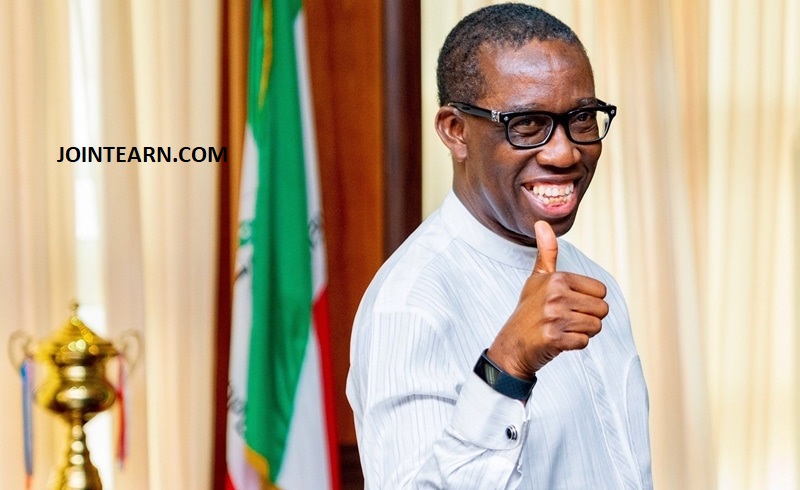Political analyst and former lawmaker, Dr. Hakeem Bugaje, has accused the All Progressives Congress (APC) of leveraging its financial strength to lure key members of the Peoples Democratic Party (PDP), thereby destabilizing the opposition party. Bugaje, in a statement released on Monday, warned that the current trend of defections within the PDP posed a significant threat to the country’s democratic process and could lead to a further weakening of the opposition, ultimately undermining checks on the ruling party.
His comments came in response to a wave of defections from the PDP to the APC, which has intensified following the 2023 general elections. Bugaje claimed that APC’s use of money as a tool to sway opposition leaders was an attempt to manipulate the political landscape for its advantage, undermining true democratic competition and fairness.
‘APC is Using Financial Muscle to Undermine PDP’
Dr. Bugaje, who previously served as a member of the House of Representatives, accused the APC of systematically using financial inducements to secure defections from the PDP. He stated that key opposition figures, both in the national and state-level politics, had been enticed to cross over to the ruling party in exchange for financial incentives, positions, and other forms of political patronage.
“APC has mastered the art of using money to attract politicians from the opposition, especially the PDP. It is not about ideology or national interest; it is purely about power and financial manipulation,” Bugaje remarked during a media interaction in Abuja. “This is not only a betrayal of the trust of the people but also a dangerous development for Nigeria’s democracy.”
Bugaje’s assertion comes amid reports of several PDP members defecting to the APC in key states across the country. Among those affected by the mass defections are former governors, senators, and members of the House of Representatives. Critics argue that these defections are more about securing political leverage and personal gains rather than genuine shifts in political ideology.
Defections and the Dwindling Strength of the PDP
The PDP, once Nigeria’s dominant political party, has seen its numbers shrink significantly as more of its members jump ship to the ruling APC. According to Bugaje, the trend is worrying, as the defections weaken the opposition party and reduce the level of healthy political competition.
“There is a growing concern that these defections could render the PDP ineffective as an opposition party, making it difficult for Nigerians to have a meaningful choice in future elections,” Bugaje said. “When the opposition is constantly in flux, unable to retain its leaders, it undermines the very essence of democracy.”
Bugaje also pointed out that the loss of key figures from the PDP was likely to have far-reaching implications, especially in the upcoming elections. He warned that unless the PDP was able to stabilize and reorganize itself, it risked losing its influence in many states, particularly in the North and South-East, which have been key strongholds for the opposition party.
He further noted that the defections were not only a sign of political instability within the PDP but also indicated a broader issue of political opportunism, where political leaders were more focused on personal benefits than serving the needs of the electorate.
APC’s Growing Influence and Financial Leverage
While Bugaje’s accusations have resonated with some critics of the APC, others argue that the ruling party is merely consolidating its position through legal and democratic means. Supporters of the APC contend that defections are a natural part of the political process and reflect the broad support the party has garnered since it assumed power in 2015.
However, Bugaje’s analysis challenges this view, asserting that the APC’s financial power has distorted the democratic process. According to him, the ruling party has used state resources, patronage, and promises of future positions to induce defections from the opposition, especially from the PDP.
“The APC knows that the PDP is its main rival. So, instead of competing ideologically, they are resorting to financial inducements to weaken the party. This is not healthy for democracy,” Bugaje explained.
Bugaje’s comments come in the wake of significant defections in the Nigerian National Assembly, where prominent members of the PDP, including senators and representatives, have crossed over to the APC. While the ruling party maintains that these defections are a reflection of the PDP’s internal weaknesses, critics argue that APC’s approach is undermining the integrity of the political process.
The Dangers of Defections for Nigeria’s Democracy
Dr. Bugaje warned that the current trend of defections, coupled with the financial manipulation by the APC, could have long-term negative consequences for Nigeria’s democracy. He argued that such defections could lead to an erosion of political accountability, as opposition parties become increasingly unable to serve as a check on the ruling government.
“The defection of political leaders from the PDP is a worrying trend for democracy,” Bugaje said. “Without a strong opposition, the government is likely to become complacent and unaccountable. This is the danger we face—when political parties put their own interests ahead of the people’s welfare.”
Bugaje further cautioned that the loss of experienced politicians and leaders from the PDP would mean the country would lose valuable input in the formulation of policies and governance strategies. According to him, a functioning democracy requires a vibrant opposition that can hold the ruling party accountable, challenge its policies, and offer alternatives to the electorate.
Possible Solutions to the Crisis
Bugaje suggested that the PDP must take swift action to stem the tide of defections, including addressing internal governance issues, improving party cohesion, and fostering a more transparent and inclusive leadership structure. He also called for greater engagement with grassroots members and the electorate to rebuild trust and loyalty within the party.
“The PDP needs to refocus on its core values and priorities. It has to win back the trust of Nigerians by demonstrating a clear commitment to good governance and by upholding democratic principles,” Bugaje advised.
He also recommended that both the APC and PDP should work towards creating a political environment where ideological differences, rather than financial inducements, are the primary drivers of political decisions.
Conclusion
The political dynamics in Nigeria are shifting rapidly, with defections from the PDP to the APC showing no sign of abating. Dr. Bugaje’s warning about the financial manipulation tactics allegedly being employed by the ruling party serves as a stark reminder of the challenges facing Nigerian democracy. While defections are a natural part of political life, the extent to which money is influencing the movement of politicians could undermine the integrity of the political process. As the 2027 general elections approach, it is crucial that both the ruling and opposition parties prioritize the interests of the Nigerian people over personal and financial gain.
